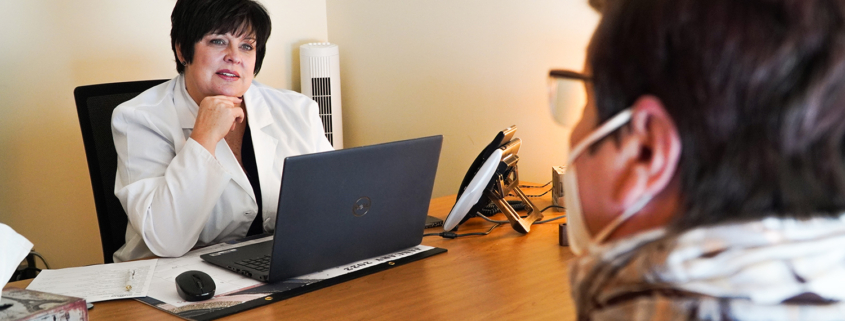Understanding Adolescent and Children’s Mental Health Statistics
As a parent or guardian, it’s natural to worry about your child’s health, and it can be scary when you start noticing signs of a mental health struggle in your son or daughter.
Current child mental health statistics show that mental health disorders are more common than you may realize. (In fact, the U.S. Department of Health and Human Services estimates that nearly half of all adolescents experience a mental health disorder at some point in their lives.) It’s important to seek help when you notice emotional distress, because in many cases, these issues can be part of a larger problem. Every single day, young children and adolescents are treated for mental illnesses — and successfully. There is help out there!
*If you think your child might have a mental health disorder, do not self-diagnose. Instead, reach out to a mental health care provider.











